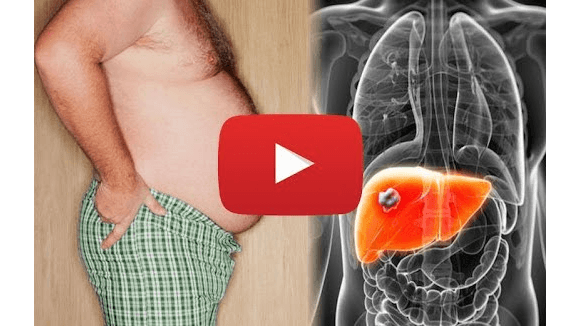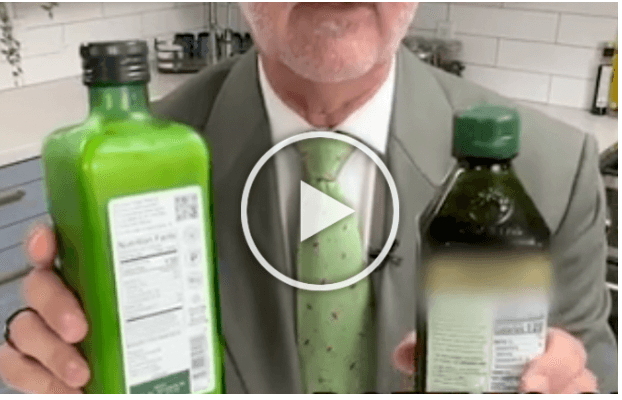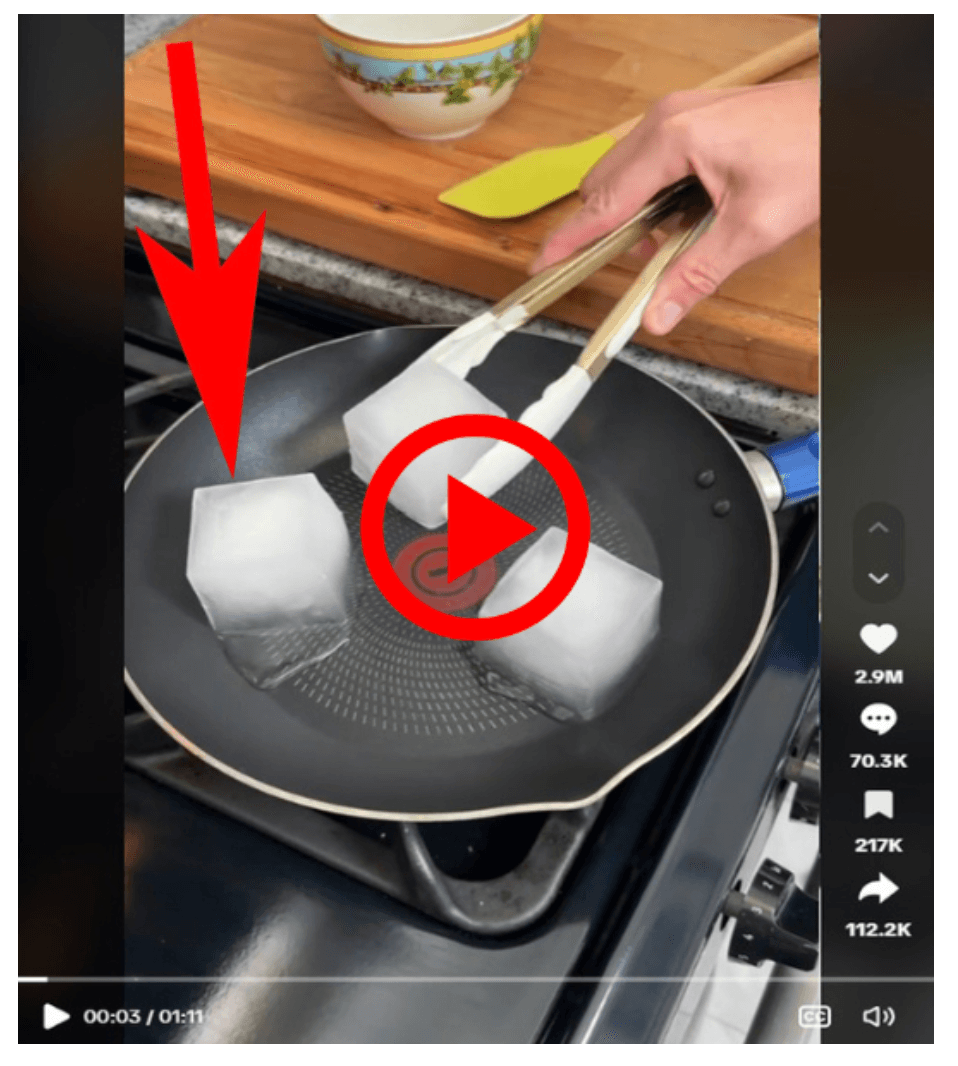Best Supplements I Currently Use For ADHD Burnout
In the realm of addressing ADHD burnout, Dr. Grant delves into the significance of tailored supplement strategies geared towards enhancing mental and physical fatigue associated with ADHD. Burnout can manifest in both adults and young individuals with ADHD, often requiring more than just standard medication adjustments.
Dr. Grant highlights the individualized nature of treatment by presenting a variety of case scenarios. This insightful exploration underscores that solutions must cater to the biochemical specifics of each patient, as highlighted in three distinct cases presented in Dr. Grant's video discussion.
In the first case scenario, the patient, despite being on ADHD medication, continued experiencing symptoms of fatigue and burnout.
- Downregulated neurotransmitters such as phenylethylamine, norepinephrine, epinephrine, glutamate, GABA, and histamine were identified.
- Integrating supplements like L-tyrosine, phenylalanine, and B-complex vitamins helped balance these neurotransmitters.
Upon following this regimen, the patient noticed improved energy, clarity, and reduced stress, demonstrating the efficacy of specific supplementation in tackling ADHD burnout.
The second scenario focused on a patient whose typical medications were unsuccessful in providing relief. Adjustments were necessary due to excessively corrected—and in some cases—imbalanced neurotransmitter levels, including higher norepinephrine and low histamine.
- Alanine and phenylalanine supplementation balanced neurotransmitters, proving to play a pivotal role in stabilizing levels.
- Additional natural aids, such as rhodiola, helped regulate overstimulated neurotransmitter pathways.
Addressing a unique presentation of stress-induced burnout, Dr. Grant extends insights into a third scenario where depressive symptoms attended to low serotonin levels with initially elevated dopamine.
- Supplements such as 5-HTP, tryptophan, and activated B6 helped boost serotonin levels, counteracting disproportional dopamine influence.
- Adjustments targeting elevated GABA and histamines managed associated anxiety and stress.
As a result, regulated serotonin and stabilizing neurotransmitters facilitated improved mood, less fatigue, and increased overall wellbeing.
Dr. Grant emphasizes that beyond supplementation, a multifaceted approach involving dietary changes, exercise, and stress management plays a critical role in overcoming ADHD-related challenges.
- Higher protein intake, incorporating vegetables: Often emphasized for dopamine support and symptom relief.
- Ingesting healthy fats: Proven essential in promoting neurotransmitter health and providing CNS nourishment.
Dr. Grant recommends a comprehensive lifestyle improvement, advocating for routine exercise, nutritional emphasis, and accountability through coaching for long-term ADHD management success.
"Supplementation is a cornerstone; yet lifestyle changes constitute the foundation of ADHD burnout recovery," shares Dr. Grant.
Understanding and mitigating ADHD burnout involves a partnership between customized supplement choices and behaviorial adaptations. For anyone looking for further assistance, Dr. Grant offers strategy sessions to personalize treatment plans, identifying unique biochemical landscapes for effective management and support in daily life.
From Around The Web
Wellness Inbox is a blog & weekly newsletter that curates trending news and products related to health and wellness from around the web. We also gather content from various sources, including leading health professionals, and deliver it directly to you.
Please note that we may receive compensation if you purchase any products featured in our newsletter. Wellness Inbox is not affiliated with, nor does it endorse, any health professionals whose content may appear in our newsletter. The information provided is for general informational purposes only and should not be considered medical advice.
The information provided is not intended to replace professional medical advice, diagnosis, or treatment. All content, including text, graphics, images, and information available is for general informational purposes only. We do not guarantee the accuracy or completeness of any information presented and assume no liability for any errors or omissions. The content is subject to change without notice. We encourage you to verify any information with other reliable sources and consult your physician regarding any medical conditions or treatments.







